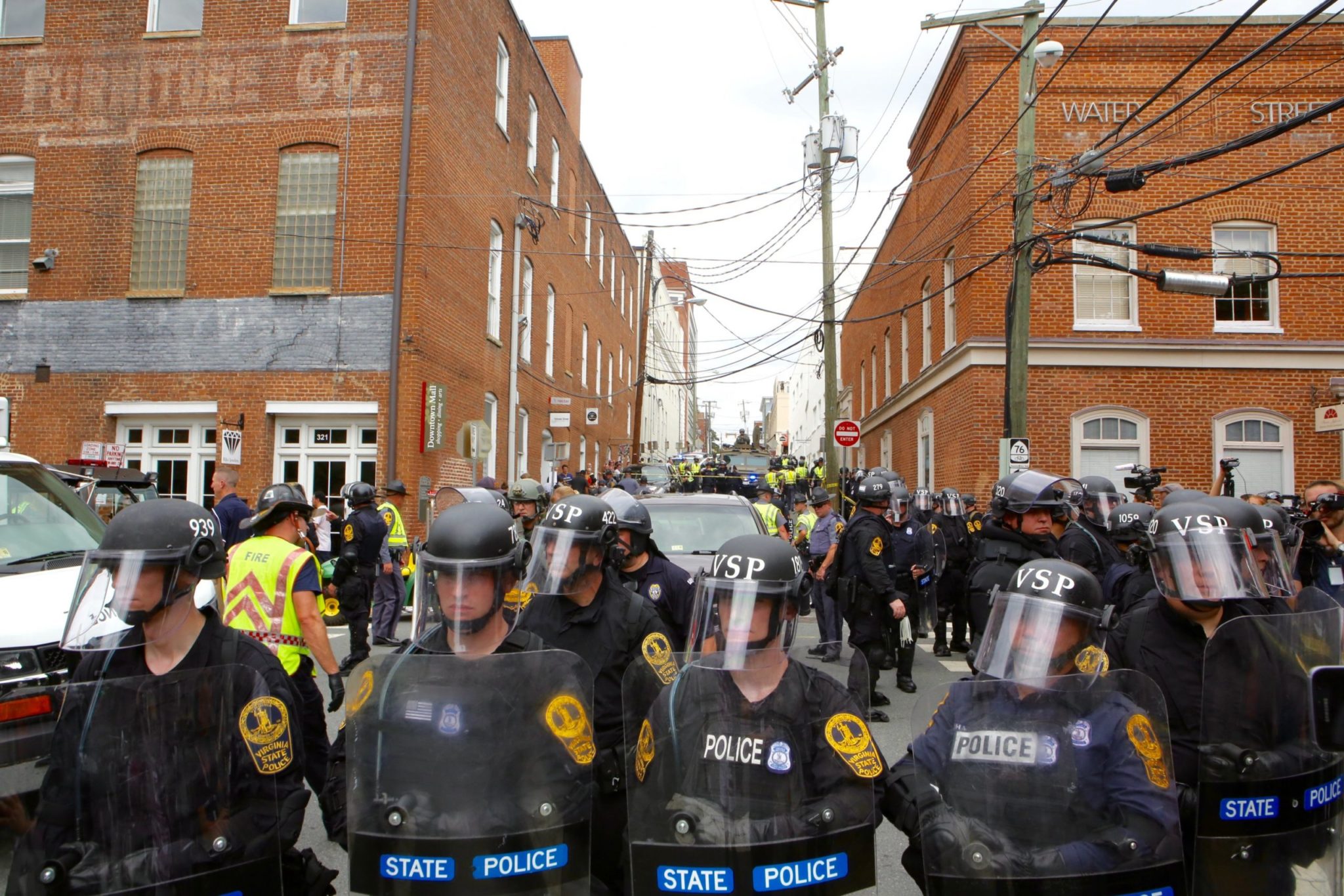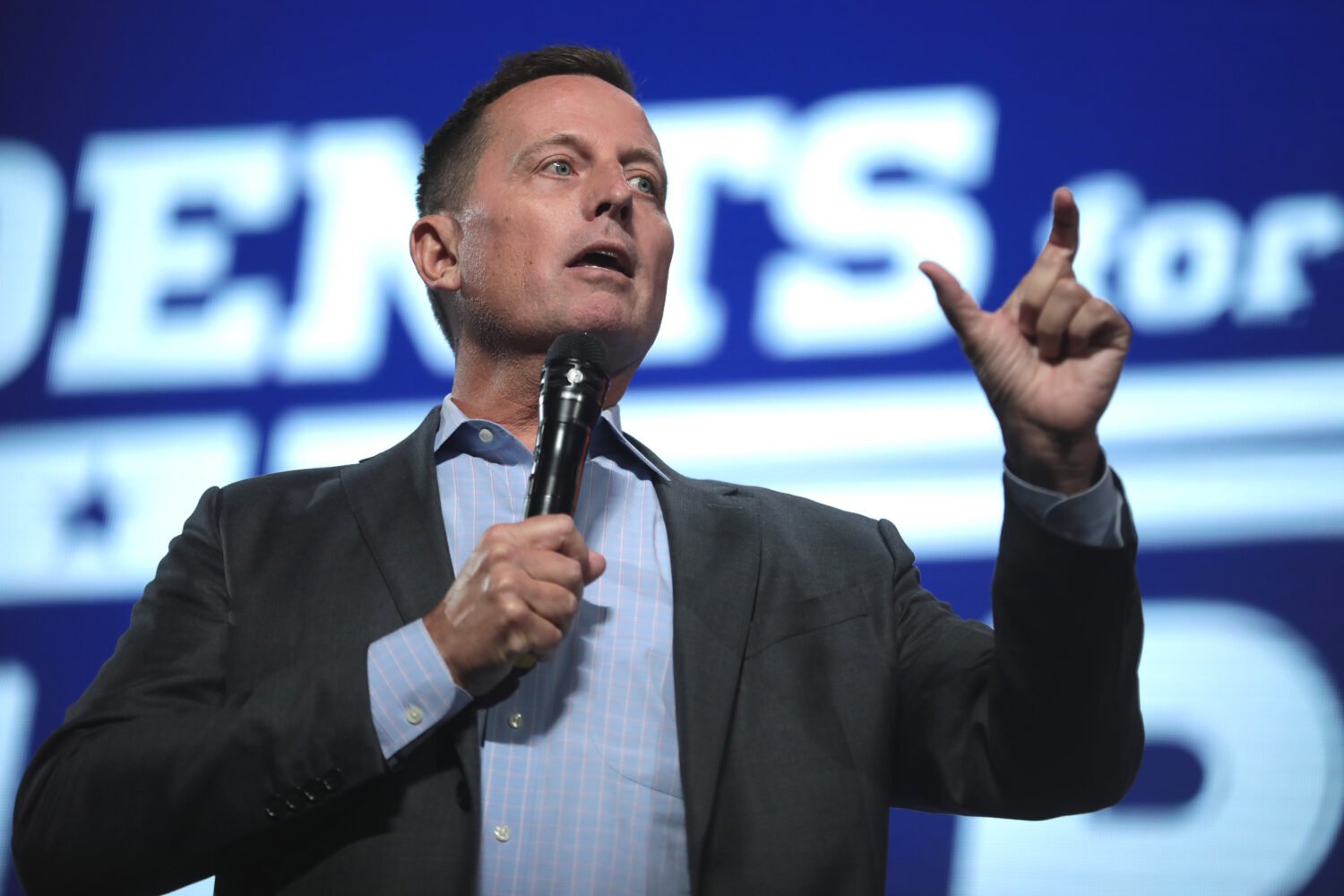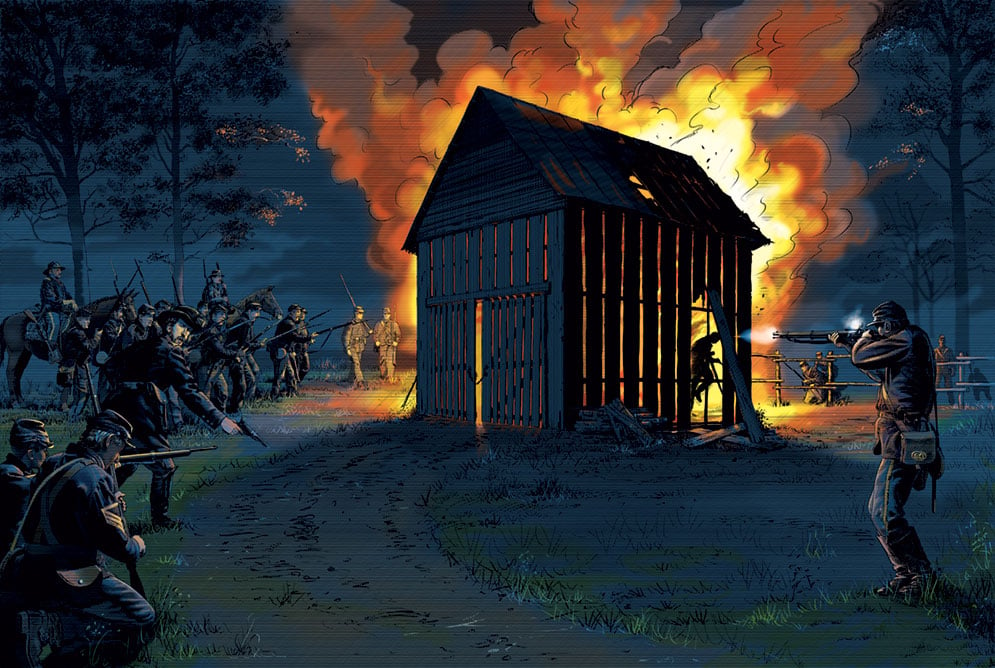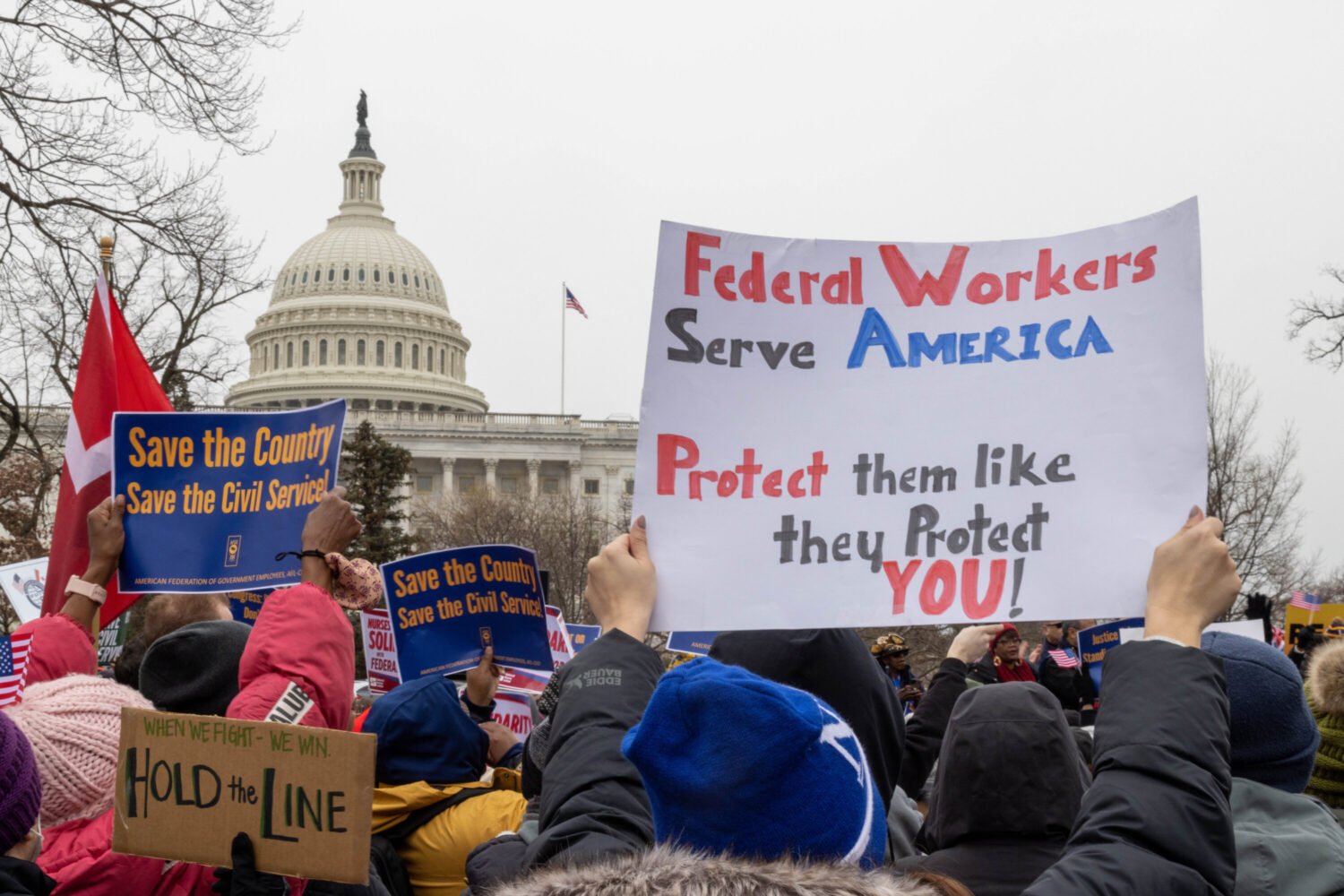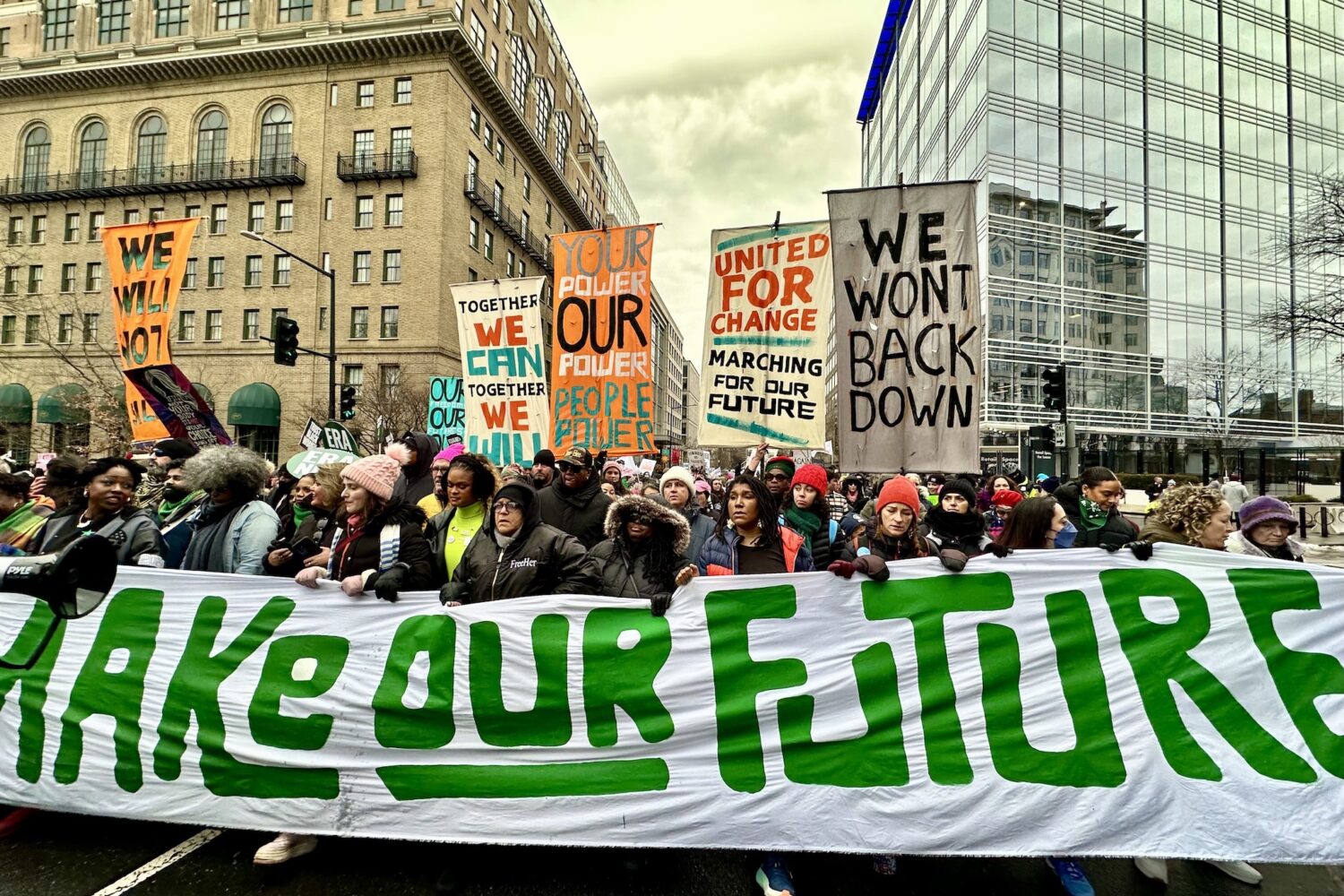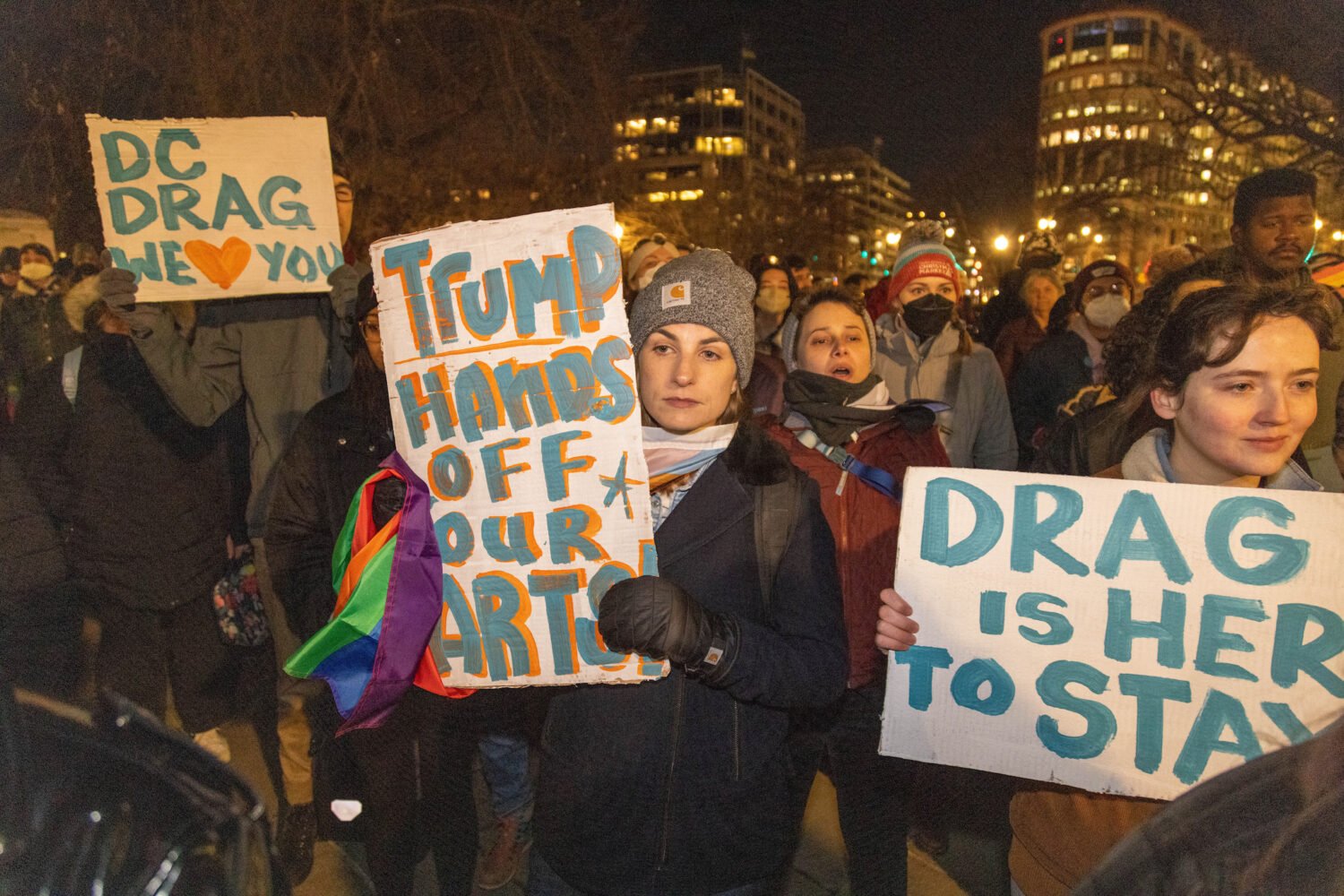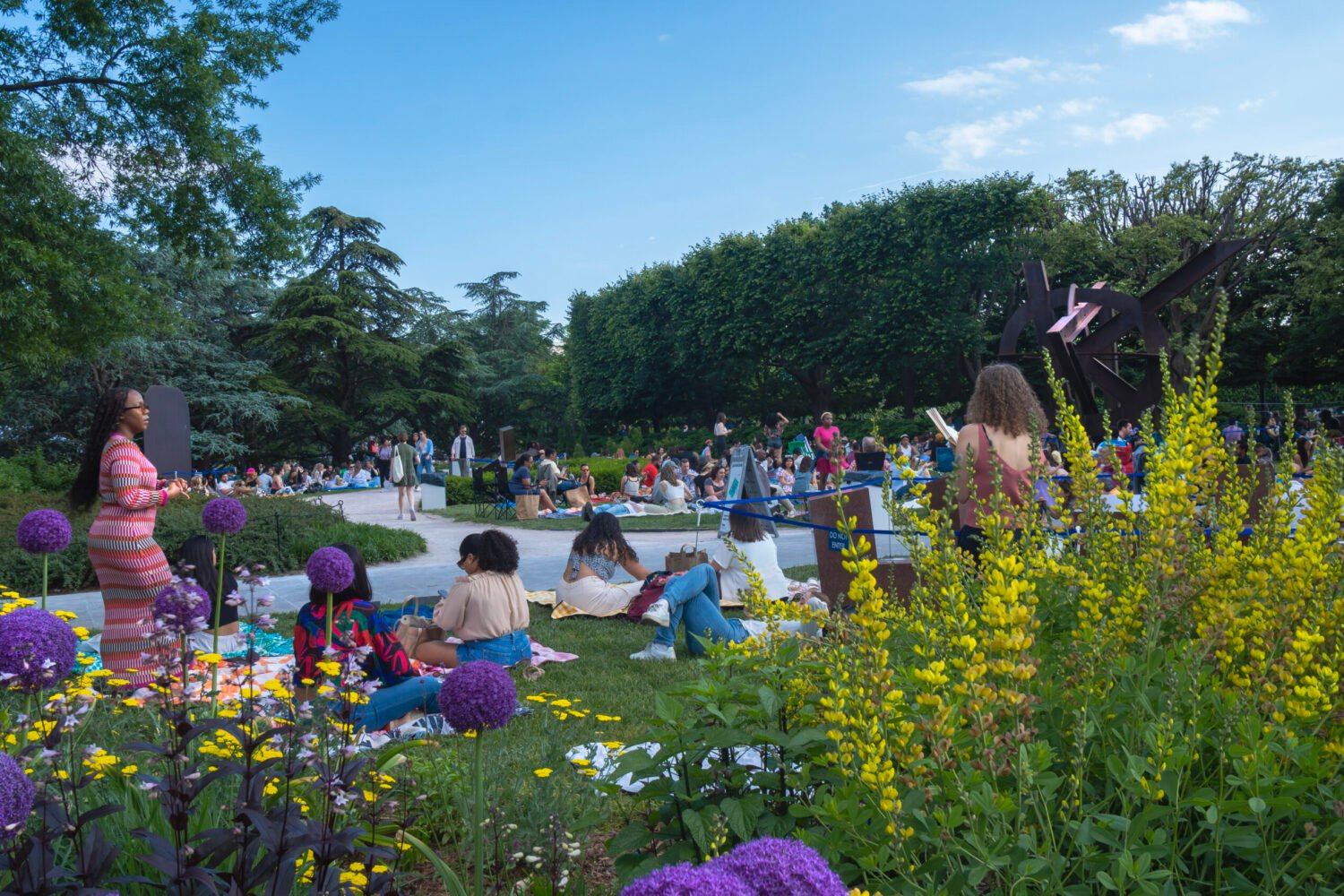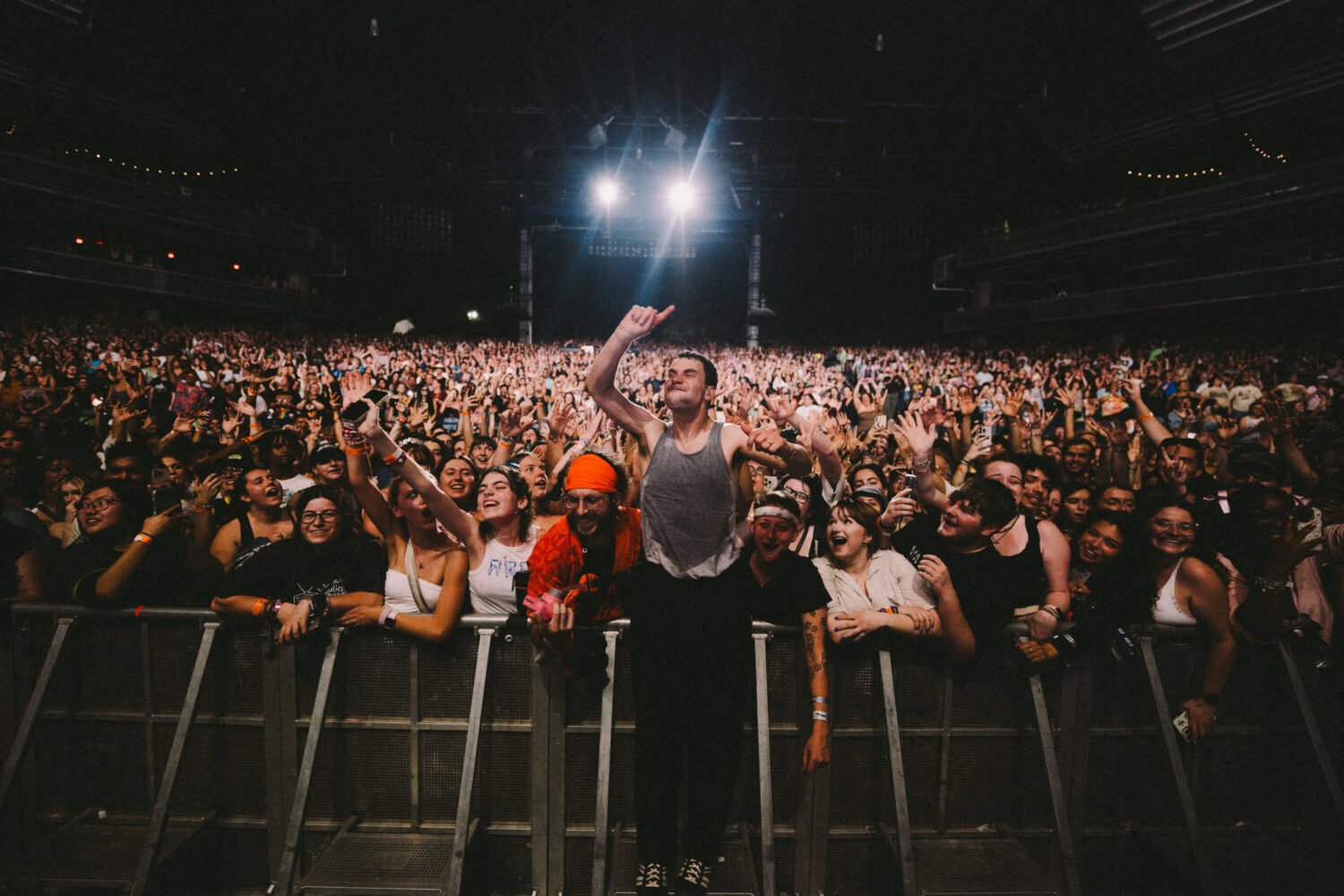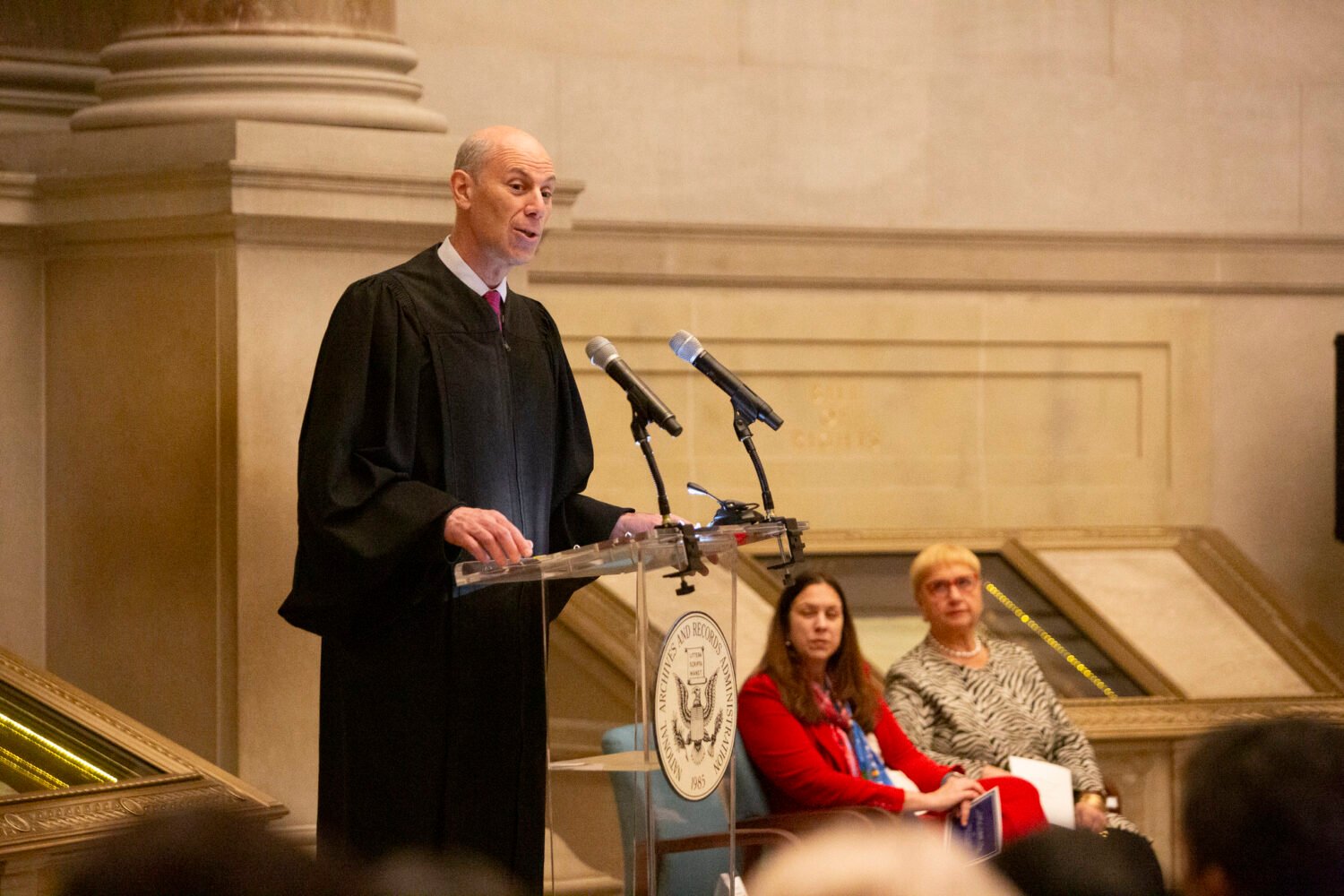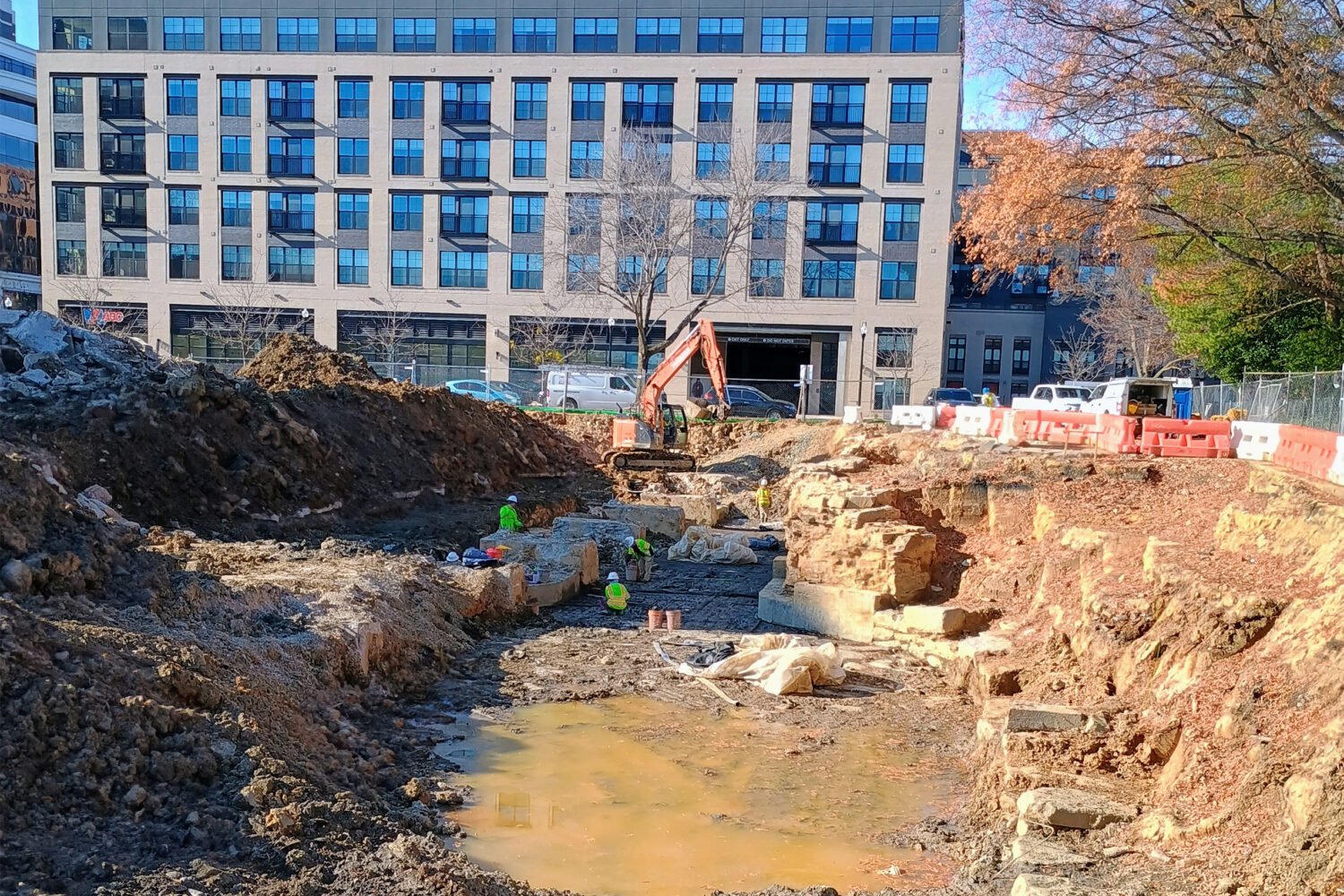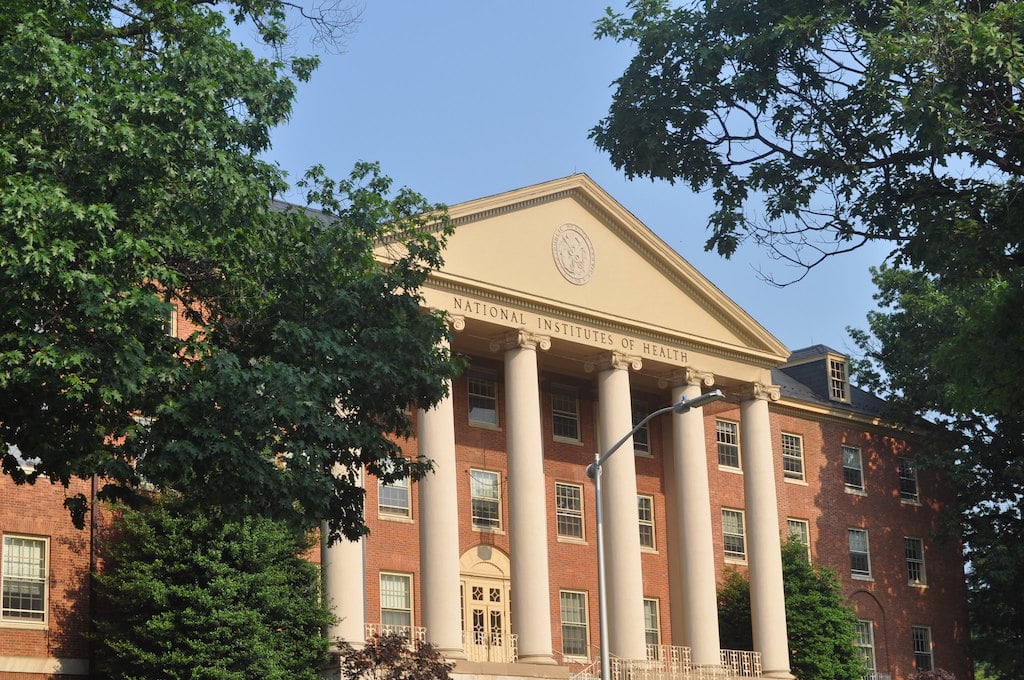Last August, white nationalists gathered for a tiki torch-lit, neo-Nazi-populated demonstration in Charlottesville; this weekend, they’re congregating in DC for “Unite the Right 2.” That leaves Washingtonians with a moral dilemma: should you head to Lafayette Square to protest beliefs you find reprehensible? Or by protesting, are you helping fringe groups garner media attention and putting yourself in danger?
Keegan Hankes, who’s researched right-wing extremism for five years at the Southern Poverty Law Center, weighs in:
Should DC residents who oppose the rally should go to Lafayette Square and counter-protest the white nationalists? Why or why not?
That’s a question we get asked a lot. One of the things that people who are considering counter-protesting need to think about is that if they do hold an event, whether it’s in the immediate vicinity of the other rally that’s planned, frequently it’s counterproductive because it inflames the situation and it may put you at risk of danger. So if you’re thinking about holding some sort of counterdemonstration, sometimes it’s productive to do it in a distinct venue.
For instance, if you’re one of the white supremacists who are going to be protesting with Jason Kessler, it will definitely escalate the situation if you are confronted by a counter-protester and there’s a yelling-and-screaming match involved. I’d guess that the DC police are probably going to be pretty well prepared for the rally, given what happened last year, and I have a feeling they’re going to hopefully—knock on wood—be doing a really good job keeping people separated. But those types of concerns are important to consider when you’re weighing whether to counter-protest.
I can imagine people disagreeing with you and saying, “Don’t we want there to be a clear repudiation of this hate?”
Well, I think that’s not exactly mutually exclusive. I have to say that it’s important to counter-protest, and it’s important to show dissent when you disagree with certain political opinions, but that being said, it may not be the most productive avenue to go and yell at a bunch of avowed white supremacists who are almost certainly not going to get their minds changed. Of course it’s important to show resistance, but in some ways that could be even more productive if it’s held at an event that’s geographically separate from the actual protest. I also think it will probably make it easier for law enforcement to do their jobs as well if there’s not this chaotic scene unfolding around a permitted rally. There are pros and cons to each approach, but I think by and large, the most important thing is safety, and I don’t think that a separate rally necessarily means that your dissent isn’t going to be heard. Most journalists worth their salt are going to call some spokesperson for the other rally, particularly if it has a really large turnout as well.
What are other uses of people’s time that you’d suggest if people choose to stay home?
The SPLC puts out a guide for these college speaking tours around alt-right activism on campuses. There’s a supplement that explains what you can do.
My go-to response for these kind of things is that it does tend to take the oxygen out of these kinds of events if you don’t directly confront them. That was on display at some of Richard Spencer‘s speaking events at college campuses, where the students didn’t attend, and it just looked pathetic. And you’ve got 15 avowed white supremacists listening to the same Richard Spencer speech in an auditorium, and their stated purpose was to engage with people who don’t hold their beliefs, and that’s the stated purpose for these rallies as well, to expose people who aren’t already involved in the movement to this ideology. One way to deprive them of that is to not grant them an audience.
This interview has been condensed and edited.

